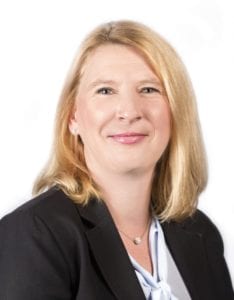The Global Reporting Initiative (GRI), an international, independent, standards organisation, launched its new GRI Sustainability Reporting Standards for South Africa on Tuesday.
South Africa is the third country to hold an event launching the new standards, following the United States and Brazil. The launch took place in Tshwane, at the local headquarters of Aurecon. Standards director at GRI, Bastian Buck said: “The GRI Sustainability Reporting Standards give companies a common language for disclosing non-financial information with the goal of enhancing corporate transparency worldwide. “The standards represent the global best practice for sustainability reporting,” she added.New Standards
The new standards, replacing the GRI G4 Guidelines, are a set of 36 modular standards that facilitate corporate reporting on topics such as greenhouse gas emissions, energy and water use, and labour practices. The new format allows GRI to update individual topics based on market and sustainability needs, without requiring revisions to the entire set of GRI Standards.Sonja De Klerk, Aurecon’s head of quality, environment & sustainability, was among the leading industry figures who spoke at the launch event. She said the new standards would have a positive and lasting environmental impact on the ongoing transformation of South Africa. “Sustainability remains one of the most important issues facing our country, and our planet, and construction and infrastructure development has a major role to play in addressing these challenges,” she said. “Sustainability reporting encourages companies to be more transparent, in an age when organisations are no longer evaluated solely on the money they generate for shareholders, but the shared value they create for communities and the way in which they tackle issues such as environmental protection.” She added that Aurecon was “delighted to support this important initiative.”







